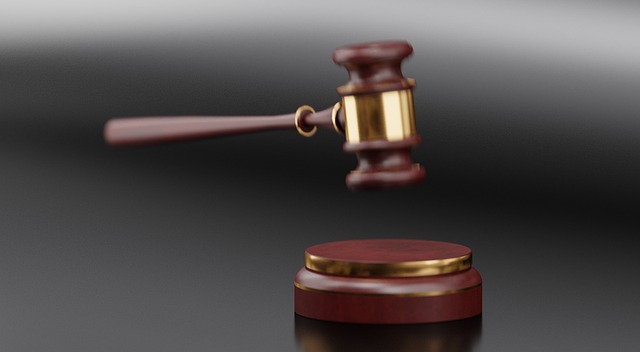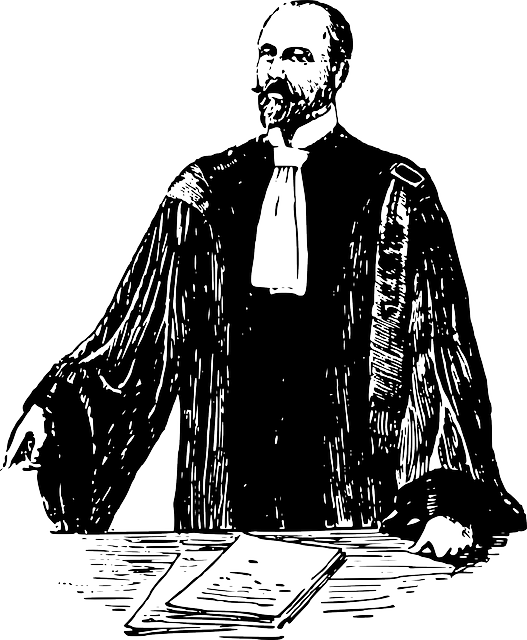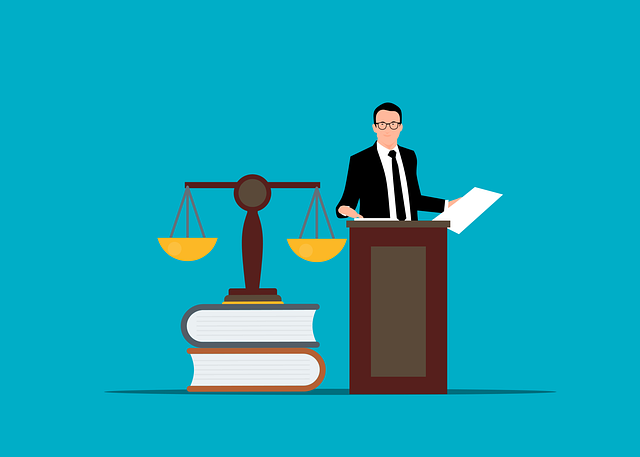Fraudulent financial practices, enabled by technology, include accounting manipulation, embezzlement, and Ponzi schemes, damaging investors, businesses, and economies. Despite legal defenses, these crimes persist. Enhancing awareness, prevention, and addressing prosecutorial misconduct & ethical violations during investigations are crucial to upholding justice and market integrity in white-collar crime cases, as misconduct erodes public trust. Businesses face legal repercussions, fines, and reputational damage from fraud, while perpetrators face imprisonment and career damages. Robust internal controls, audits, training, and transparent accountability cultures prevent unethical behavior, alongside evolving regulatory frameworks. Transparency and ethical standards within the legal profession ensure fair trials and restore public trust in justice.
“In today’s complex financial landscape, understanding and mitigating fraudulent practices is paramount. This article delves into the intricate world of financial fraud, exploring common schemes and their devastating impacts on individuals and businesses alike. We analyze the critical role of prosecutors in unraveling these crimes, while also shedding light on ethical dilemmas that arise when professional boundaries blur.
Additionally, we examine the consequences of misconduct, emphasizing the importance of robust regulatory frameworks. By discussing preventive measures, we offer insights into fostering accountability and ensuring a more transparent financial environment.”
- Understanding Common Fraud Schemes and Their Impact
- Role of Prosecutors in Financial Crime Investigations
- Ethical Dilemmas: When Practices Cross the Line
- Consequences of Misconduct for Businesses and Individuals
- Preventive Measures and Regulatory Frameworks for Accountability
Understanding Common Fraud Schemes and Their Impact

Fraudulent financial practices encompass a wide range of illicit activities designed to manipulate and exploit financial systems for personal gain. Common fraud schemes include accounting manipulation, embezzlement, Ponzi schemes, and false reporting, often facilitated by advanced technologies and sophisticated techniques. These schemes not only deceptively enrich individuals but also undermine the integrity of financial markets and institutions.
The impact of fraudulent practices is far-reaching, affecting investors, businesses, and even entire economies. Prosecutorial misconduct and ethical violations can occur at any stage of the investigative and enforcement process, exacerbating the problem. White collar defense strategies often focus on avoiding indictment by leveraging legal loopholes or disputing the validity of evidence. However, as regulations evolve to address these challenges, awareness and prevention remain key to minimizing the harm caused by financial fraud.
Role of Prosecutors in Financial Crime Investigations

In financial crime investigations, prosecutors play a pivotal role in ensuring justice is served. Their mandate extends beyond merely pursuing criminal charges; they are tasked with uncovering complex fraudulent schemes and holding accountable those involved, be it corporate or individual clients. Through meticulous examination of financial records, market trends, and witness testimonies, prosecutors build robust cases that aim for achieving extraordinary results.
Ethical conduct among prosecutors is paramount to maintain public trust. However, instances of prosecutorial misconduct and ethical violations can undermine the integrity of financial crime investigations. Such actions may include fabricating evidence, making unfair representations in court, or engaging in conflicts of interest. When uncovered, these issues require immediate attention, leading to thorough investigations and, where necessary, complete dismissal of all charges to preserve the fairness of the judicial process.
Ethical Dilemmas: When Practices Cross the Line

In the realm of finance, where numbers and transactions dictate success, ethical dilemmas often arise, blurring the lines between right and wrong. Fraudulent financial practices, when masked as legitimate strategies, present a complex web of issues that extend far beyond mere economic losses. When professionals in this field cross moral boundaries, it results in what is commonly known as prosecutorial misconduct—a deliberate abuse of power or procedure by those tasked with upholding the law. This phenomenon, coupled with ethical violations, can have profound implications for individuals and institutions alike.
White-collar and economic crimes, often committed behind closed doors, require a delicate balance between maintaining financial integrity and ensuring justice. However, when prosecutors themselves engage in misconduct, it undermines the entire legal system. This includes instances where they may favor certain clients or neglect to pursue charges appropriately, leading to complete dismissal of all charges in some cases. Such actions not only hamper efforts to bring wrongdoers to account but also erode public trust in financial institutions and regulatory bodies, fostering a culture of impunity for those who exploit the system.
Consequences of Misconduct for Businesses and Individuals

The consequences of fraudulent financial practices extend far beyond mere monetary losses for both businesses and individuals alike. When misconduct such as prosecutorial or ethical violations go undetected, they can lead to severe reputational damage, eroding trust in institutions and markets. For businesses, a single instance of fraud can result in legal repercussions, fines, and even bankruptcy, especially in high-stakes cases where the financial implications are immense. This can also manifest in reduced access to capital markets and a stain on their historical track record, hindering future growth opportunities.
On an individual level, those involved in fraudulent activities face personal and professional consequences. Legal penalties, including imprisonment and substantial monetary fines, are common for perpetrators. More significantly, the impact on one’s career can be irreversible, as ethical violations mar professional records, making it challenging to find employment among corporate and individual clients who prioritize integrity and transparency.
Preventive Measures and Regulatory Frameworks for Accountability

To mitigate fraudulent financial practices, robust preventive measures and a strong regulatory framework are essential. Organizations should implement stringent internal controls, regular audits, and employee training to detect and deter unethical behavior. Achieving extraordinary results in financial integrity requires a culture of transparency and accountability. Regulatory bodies play a pivotal role by establishing clear guidelines and enforcing laws that combat white collar and economic crimes. These frameworks not only define acceptable practices but also outline the consequences for non-compliance, including severe penalties and reputational damage.
The regulatory landscape is continually evolving to address emerging fraud schemes and complex financial environments. Effective regulation involves regular reviews, updated policies, and collaboration among agencies to ensure consistent enforcement. Moreover, enhancing prosecutorial misconduct transparency and accountability mechanisms can strengthen the fight against financial crimes. Upholding ethical standards within the legal profession is paramount, as it ensures fair trials and maintains public trust in the justice system, a cornerstone of a robust white collar defense strategy.
In addressing fraudulent financial practices, it’s evident that a multifaceted approach is crucial. While understanding common schemes and their impacts provides awareness, the role of prosecutors in investigations is instrumental in holding perpetrators accountable. However, ethical dilemmas and prosecutorial misconduct must be carefully navigated to maintain integrity. Businesses and individuals alike face severe consequences for misconduct, emphasizing the need for robust preventive measures and regulatory frameworks. By reinforcing ethical standards and strengthening accountability, we can mitigate financial crimes and foster a more transparent and trustworthy financial landscape.






